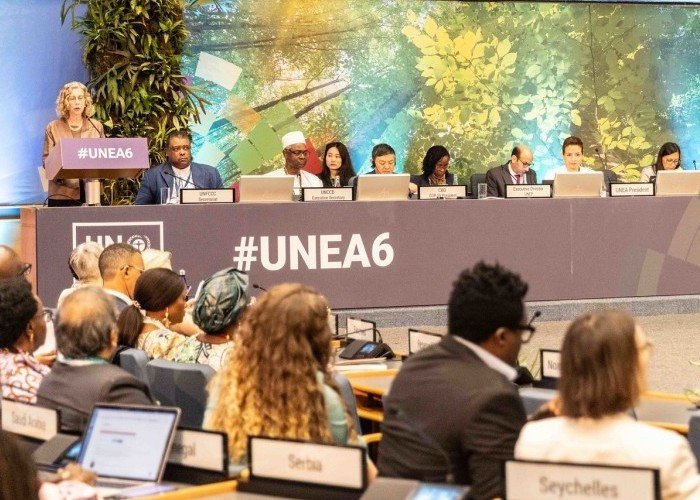Council on Foreign Relations: The Growing Risk of Climate "Tipping Points" (Scientific Evidence and Policy Responses)
Kelly Wanser, SilverLining Executive Director, in conversation with Peter Cox, Professor of Climate System Dynamics, University of Exeter, and Stewart M. Patrick, James H. Binger Senior Fellow in Global Governance and Director of the International Institutions and Global Governance Program, Council on Foreign Relations.
As you may have seen in the news, recent studies indicate a heightened risk that major natural systems are approaching thresholds for rapid, potentially irreversible changes with catastrophic impacts on people and climate. These climate “tipping points” include the rapid dieback of the Amazon rainforest, abrupt melting of the Arctic permafrost precipitous collapse of polar ice sheets, large-scale coral reef die-offs, and the shift of the Atlantic Meridional Overturning Circulation, a major driver of global weather.
The processes underlying many climate tipping points are hard to represent in climate models and under-presented in climate projections. This means that we have near-term catastrophic risks that we do not understand very well and are likely to be underestimating. Even if these risks are low, the enormous magnitude of their potential effects warrants far greater investment in information and preparation than we have today.
The current portfolio of responses to climate change centers on reducing greenhouse gases in the atmosphere by reducing emissions or actively removing it. This is critical to the health of the climate system but acts on heat energy in the atmosphere relatively slowly. Even with very aggressive reduction and removal of carbon, society is many decades away from reducing the warming that is stressing natural and human systems, leaving us exposed to catastrophic tipping point risks in the near term.
What evidence is there of proximate tipping points and what options exist for understanding and managing their risks? I joined one of the world’s eminent experts on abrupt climate change, Peter Cox, Professor of Climate System Dynamics at the University of Exeter, and Stewart M. Patrick, James H. Binger Senior Fellow in Global Governance and Director of the International Institutions and Global Governance Program at the Council on Foreign Relations, to explore these questions within the larger context of the climate crisis.
Our conversation included a review of the state of the science and some immediate steps that could be taken to analyze risks and identify early warning indicators. From a policy perspective, we began what we hope will be an ongoing public dialogue on tipping points in the context of disaster risk management. This included parallels drawn from efforts like NASA’s Planetary Defense Coordination Office and the United Nations Sendai Framework for Disaster Risk Reduction.
Watch the webinar to tune into our conversation or visit CFR.org to read the transcript.




